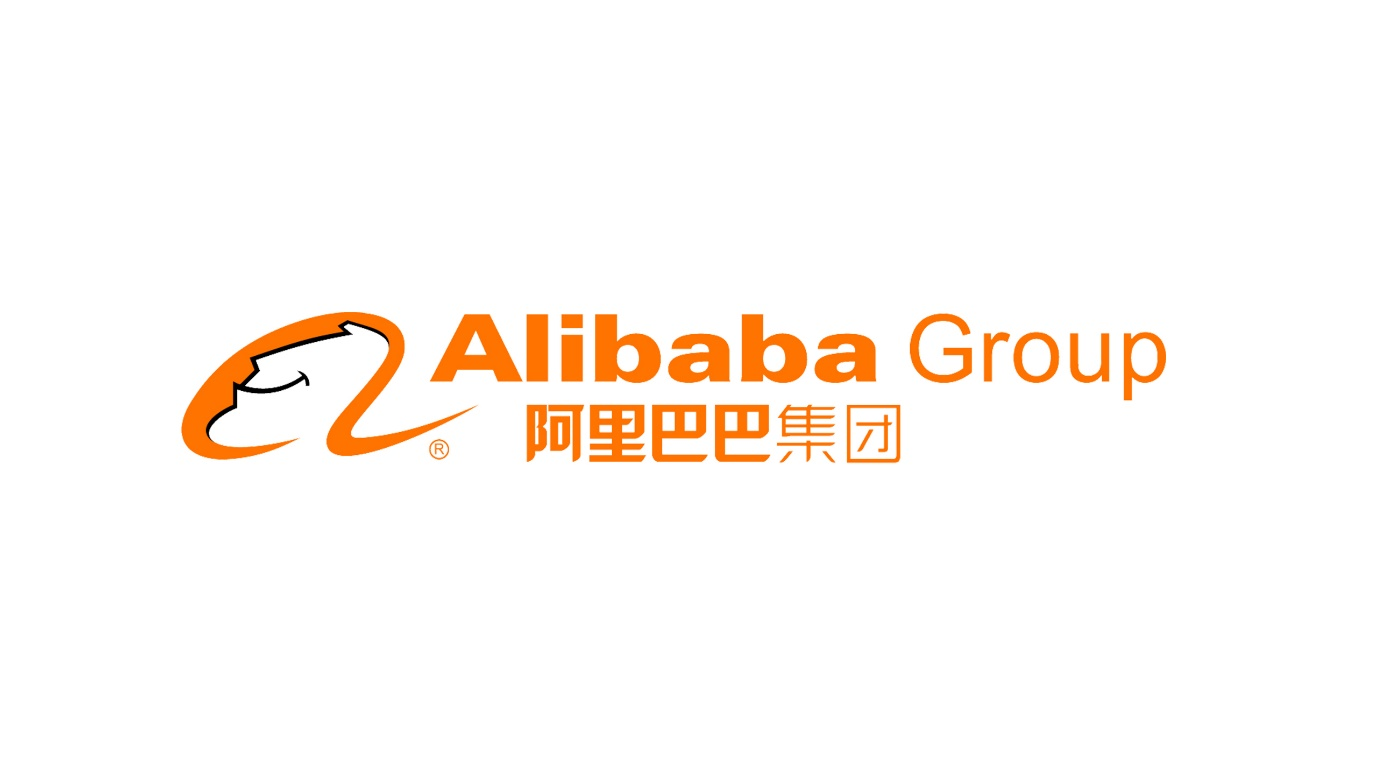

September 29, 2021: -For years, China’s major internet platforms have operated as walled gardens, blocking links from rivals and not allowing users to purchase goods using competitors’ payments products.
That’s starting to change as regulators force technology giants in China to tear the walls down and change some of their anti-competitive behavior.
Alibaba began allowing users to purchase items on some of its apps via WeChat Pay, the payments service run by its rival Tencent, the e-commerce giant told CNBC. Alibaba has its payment service Alipay, which is operated by its affiliate Ant Group.
Food delivery app Ele. Me and video service Youku integrate WeChat Pay. Alibaba’s apps, such as Shuqi, Damai, and Koala, are now also supporting Tencent’s payments service.
Alibaba said it is waiting on Tencent’s approval to get WeChat Pay to its used goods marketplace Idle Fish, grocery store app Hema, and discount shopping service Taobao Deals.
There was no word on when Alibaba would get the WeChat Pay to its two leading shopping apps like Taobao and Tmall.
“User experience and transaction security are our guiding priorities as we actively work towards gradually introduce multiple payment methods on our platforms,” a spokesperson from Taobao said.
An Alibaba spokesperson added that the company will “continue to find common ground with our peers in the platform economy to serve Chinese consumers better.”
Alibaba and Tencent are two of the internet companies of China that have built dominance through their sprawling services, which often center around their super apps.
Tencent runs the biggest messaging app WeChat which has over a billion users, while Alibaba’s affiliate Ant Group runs Alipay.
Through these apps, users will be able to access a range of services, from food delivery to flight and hotel booking services. It does not leave these apps; people can pay for their goods and services.
But it has also created a situation where rivals would not let each other’s services on their respective platforms.
The practices have come under scrutiny from Chinese regulators, which have introduced new rules across areas from data protection to anti-monopoly.
China’s Ministry of Industry and Information Technology told some of the biggest internet companies in China, including Alibaba, Tencent, and TikTok owner ByteDance to stop blocking links to one another’s content.








© THE CEO PUBLICATION 2021 | All rights reserved. Terms and condition | Privacy and Policy